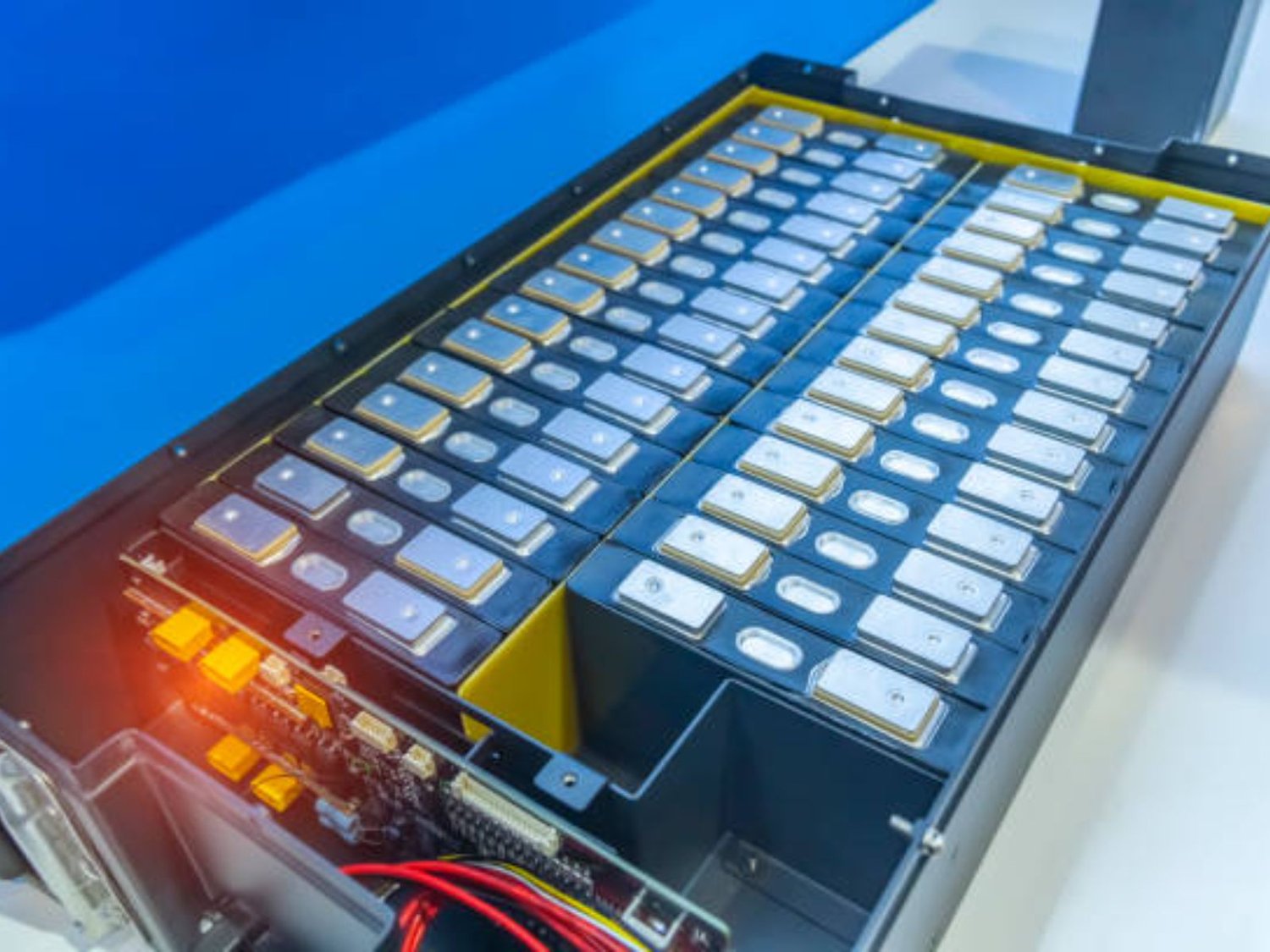The Basics of a Scooter Battery Control System
A scooter battery control system is an essential component that governs and monitors the power supply and consumption of your electric scooter. This system ensures the safe and efficient operation of the scooter, and it is responsible for optimizing power usage and battery life. Here's everything you need to know about the scooter battery control system.
How Scooter Battery Control System Works
The scooter battery control system regulates the voltage, power, and current delivered to the motor. It does this by monitoring the battery level and ensuring it operates within a safe range. The system regulates the charging process and protects the battery from overcharging or overheating.
Components of Scooter Battery Control System
A scooter battery control system comprises the battery, controller, wiring, and various safety mechanisms. The controller is the heart of the system, and it receives data from various sensors, such as temperature and voltage sensors. The wiring connects all components and delivers power to them. Safety mechanisms include circuit breakers and fuses that protect the scooter from short circuits and overcharging.
Charging a Scooter Battery
Charging a scooter battery is a simple process. Connect the charging cable to the scooter's charging port and plug it into a power source. The battery control system regulates the charging process and stops when the battery is fully charged. It can take between four and eight hours to charge a scooter battery fully, depending on the battery size and charging capacity.
Types of Scooter Batteries
Electric scooters use different types of batteries. The most common are lithium-ion batteries, which are lightweight, long-lasting, and require minimal maintenance. Some scooters use lead-acid batteries, which are heavier and less efficient but cheaper to produce. Nickel-cadmium batteries are less common, but they are known for their high energy density and longer lifespan.
Maintenance of Scooter Battery Control System
Like all electrical systems, the scooter battery control system requires regular maintenance to ensure optimal performance and longevity. You should inspect the wiring and connectors regularly and clean them with a soft cloth to remove any dirt or debris. Keep the battery charged at all times and only use the charger provided by the manufacturer. Avoid overcharging or discharging the battery, and store it in a dry and cool place.
Scooter Battery Control System Troubleshooting
If you experience any problems with your scooter battery control system, such as a decrease in battery life or power, you should inspect and test the battery, controller, and wiring. You can use a multimeter to check the voltage and resistance of the components and replace the faulty parts if necessary. If the problem persists, consult a professional technician.
Safety Considerations
The scooter battery control system is designed to ensure safe and efficient operation. However, you should take certain precautions to prevent accidents and injuries. Always wear a helmet and protective gear, follow traffic laws, and avoid riding in hazardous conditions. Do not attempt to modify or repair the battery system if you are not a qualified technician.
Benefits of Scooter Battery Control System
The scooter battery control system offers several benefits, including increased safety, longer battery life, and optimal performance of the motor. It also reduces the risk of accidents, overheating, and short circuits.
Future of Scooter Battery Control System
The future of scooter battery control system looks promising, with advances in technology and increasing demand for eco-friendly transportation. Newer systems will likely feature enhanced monitoring and control capabilities, improved battery life, and enhanced safety features.

